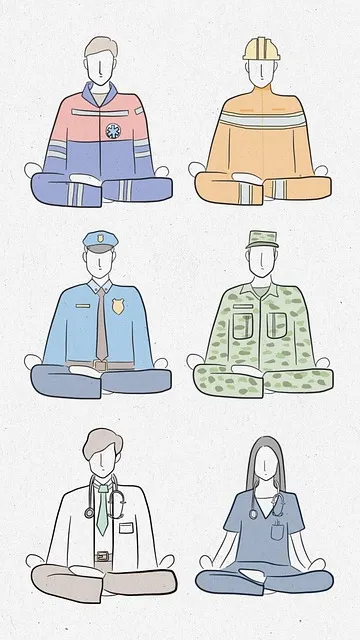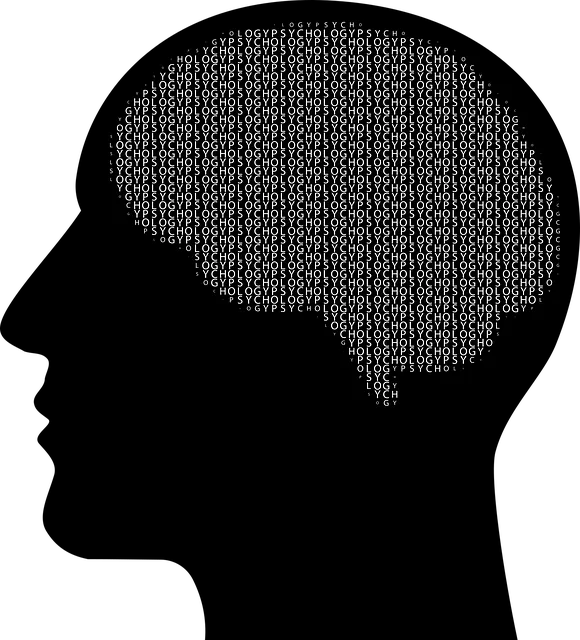Littleton Kaiser Permanente's psychiatry department employs a comprehensive evaluation of mental wellness programs, going beyond satisfaction surveys. They integrate various methods like Compassion Cultivation Practices and assess attitudes/behaviors changes through surveys and interviews. This personalized approach uses tools like clinical interviews and mindfulness meditation to enhance patient care and engagement. The department's commitment to evidence-based practices ensures tailored solutions for specific mental health challenges. Continuous improvement is driven by feedback loops, community outreach, and regular assessments accessible via the Littleton Kaiser Permanente psychiatry phone number, fostering effective programs aligned with latest Mental Health Awareness trends.
Mental wellness program evaluation is crucial for understanding and enhancing the effectiveness of healthcare initiatives. This article explores comprehensive methods used by psychiatrists at Littleton Kaiser Permanente, including assessment tools and techniques that drive continuous improvement. We delve into how these professionals measure impact and adjust programs based on feedback loops, ensuring optimal mental health support. For more information on psychiatric services, contact the Littleton Kaiser Permanente branch via their official phone number.
- Understanding Mental Wellness Program Evaluation
- Assessment Tools and Techniques Used by Psychiatrists at Kaiser Permanente Littleton
- Measuring the Impact: Outcomes and Effectiveness
- Continuous Improvement: Feedback Loops and Adjustments in Mental Health Programs
Understanding Mental Wellness Program Evaluation

Evaluating mental wellness programs is a multifaceted process that goes beyond simple satisfaction surveys. It involves assessing the effectiveness, reach, and sustainability of initiatives designed to promote mental well-being. Organizations like Littleton Kaiser Permanente’s psychiatry department play a pivotal role in this regard, offering insights through various evaluation methods.
One key approach is integrating Compassion Cultivation Practices into program design and subsequently measuring their impact. Additionally, Mental Health Education Programs focused on raising awareness and fostering understanding can be evaluated based on changes in participant attitudes and behaviors. Such evaluations not only help refine existing programs but also guide the development of more impactful mental wellness initiatives, ultimately enhancing access to quality mental health resources, such as those available through Littleton Kaiser Permanente’s psychiatry phone number.
Assessment Tools and Techniques Used by Psychiatrists at Kaiser Permanente Littleton

At Kaiser Permanente Littleton, psychiatrists employ a multifaceted approach to mental wellness program evaluation, utilizing advanced assessment tools and techniques. These include comprehensive clinical interviews, validated psychological questionnaires, and structured assessments tailored to individual needs. By integrating methods such as Risk Assessment for Mental Health Professionals, practitioners gain deeper insights into patients’ mental health landscapes. This holistic evaluation process allows for personalized treatment plans that address specific challenges, be it anxiety, depression, or other common mental health issues.
In addition to traditional assessment methods, the team at Littleton Kaiser Permanente incorporates innovative techniques like Mindfulness Meditation and effective Communication Strategies. These strategies not only enhance patient engagement but also foster a collaborative environment, encouraging open dialogue and empowering individuals to actively participate in their mental wellness journeys. The psychiatry department’s commitment to evidence-based practices ensures that patients receive the highest quality care tailored to their unique circumstances.
Measuring the Impact: Outcomes and Effectiveness

Measuring the impact of mental wellness programs is crucial to understanding their effectiveness and ensuring they meet the needs of participants. Similar to how the Littleton Kaiser Permanente psychiatry phone number serves as a vital resource for those seeking psychiatric care, program evaluation provides a roadmap to assess the outcomes and benefits of mental health initiatives. By employing robust methods, such as pre-post assessments, surveys, interviews, and focus groups, evaluators can gauge improvements in symptoms, attitudes, behaviors, and overall well-being.
This process involves analyzing both quantitative data, like changes in scores on standardized measures, and qualitative insights, including participants’ narratives and feedback. Such a comprehensive approach, inspired by concepts within Mental Health Policy Analysis and Advocacy, allows for a deeper understanding of the program’s impact. Additionally, Community Outreach Program Implementation strategies can be incorporated to ensure the evaluation reaches diverse populations and captures a breadth of experiences, ultimately enhancing the overall effectiveness and relevance of the mental wellness program.
Continuous Improvement: Feedback Loops and Adjustments in Mental Health Programs

Mental wellness programs thrive on continuous improvement, much like a garden that requires regular nurturing and adjustments to flourish. Feedback loops are integral to this process, enabling programs to adapt and evolve based on client needs and evolving best practices. At Littleton Kaiser Permanente’s psychiatry department, accessible through their phone number, this is taken seriously, with regular assessments and reviews guiding the refinement of services.
This iterative approach involves gathering feedback from clients, healthcare professionals, and relevant stakeholders. By analyzing these insights, programs can identify areas for enhancement, such as refining coping skills development or addressing burnout prevention strategies. Incorporating these adjustments ensures that mental health interventions remain effective, tailored to the community’s unique needs, and aligned with the latest Mental Health Awareness advancements.
Mental wellness program evaluation is a multifaceted process, as evidenced by the methodologies employed by psychiatrists at Littleton Kaiser Permanente. By utilizing diverse assessment tools and continually measuring outcomes, these professionals ensure that mental health programs are effective and adaptable. This approach, driven by feedback loops and adjustments, underscores the commitment to enhancing mental wellness for all patients, ultimately reflecting the dedicated expertise available at the Littleton Kaiser Permanente psychiatry phone number.






